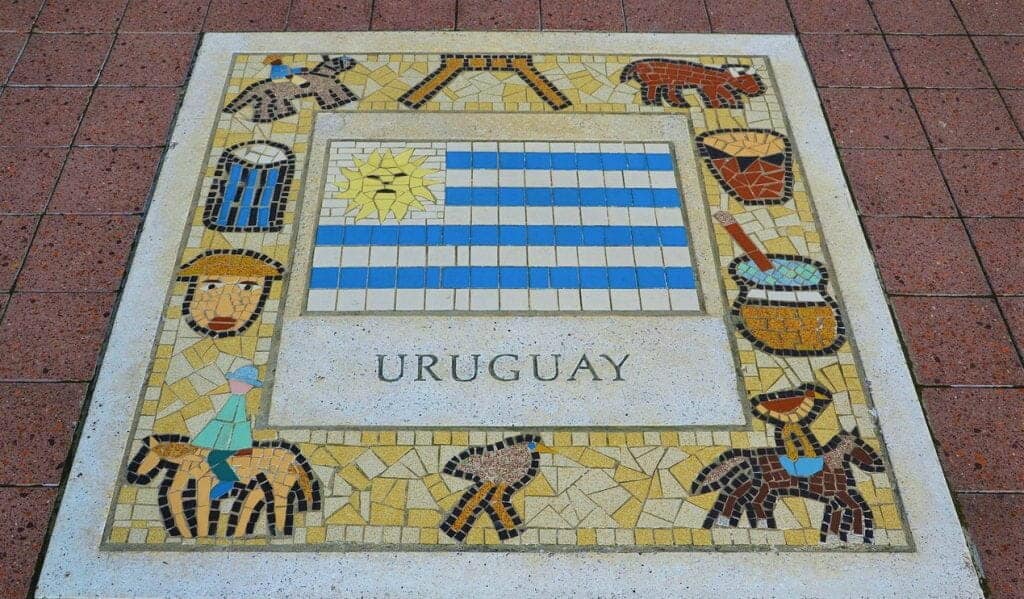Thousands of Cuban Migrants in Uruguay Facing Challenges in Refugee Process
As the number of Cuban migrants in Uruguay continues to rise, many are facing challenges in the refugee application process. According to a report by El País, around five thousand Cuban migrants are currently in Uruguay, waiting to modify their status in the country. However, most of them do not yet classify as refugees, and renouncing their asylum request to process permanent residence is not an option.
The official data reveals that as of December 2023, there were 24,193 pending refugee applications in Uruguay. The long waiting times, up to two years, have led to several collapses in the management system, as reported by the Refugee Commission.
In 2023 alone, 9,129 individuals requested political asylum in Uruguay, with a majority of 7,293 being Cuban nationals. To address the backlog of cases, Uruguay issues a provisional document to migrants, allowing them to work for two years and access health and education services. However, they are not permitted to start family reunification processes.
To obtain specific residency in Uruguay, Cuban and other foreign immigrants must meet various requirements, including presenting documentation with the corresponding consular visa. It is crucial to note that immigrants from Cuba need a visa to enter Uruguay.
Despite living in Uruguay for one or more years, Cuban migrants born on the island must travel to a Uruguayan consulate in Brazil to obtain the necessary visa. However, this process became more complicated in January 2023, as Uruguay began to require a stamp of entry and exit from Brazil in Cuban passports.
As Cuban migrants continue to navigate the complex asylum process in Uruguay, many hope for a resolution to their status and the opportunity to build a new life in the South American country.
